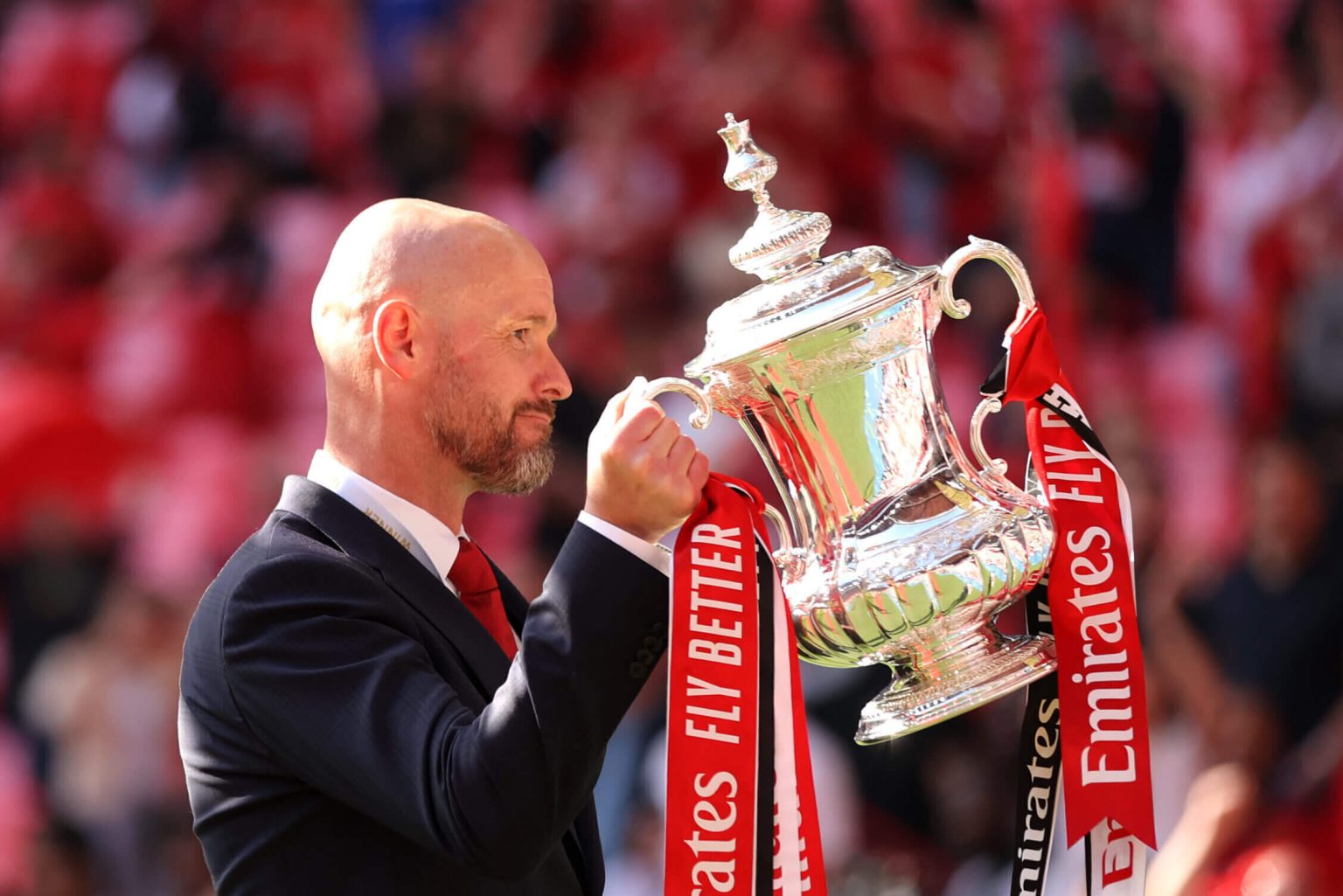Erik ten Hag, manager of Manchester United, has been defending his record in the face of plans by his bosses to replace him, asserting that his two trophies in two years and three finals in the same time period demonstrate his capability. Despite whispers of replacement and a 3-0 defeat to Liverpool, Ten Hag maintained his perspective, claiming his team had won the most trophies in English football after Manchester City. He backed up his argument by claiming that the sole determinant of success in football is winning trophies or not by the end of the season, going against his predecessor’s, Ole Gunnar Solskjaer, view that being in line for the top of the league and achieving the occasional trophy reflects true progress.
Solskjaer’s own tenure saw consistent improvement in United’s league finishes, reaching second place, although lacking in trophies. Solskjaer argued that league performance gave an accurate measure of progress, in contrast to Ten Hag’s emphasis on silverware. Whose perspective is correct is a matter of debate. Solskjaer’s claim turned out to be particularly ironic after United lost to Villarreal in the Europa League and he admitted that the season wasn’t a success without silverware.
Memories of notable triumphs and league qualifications may persist, but these are not equivalent to the ecstasy of winning a major trophy. These are views held by those familiar with the workings of Manchester United who deem trophy wins as a necessity for survival in the managerial role. Indeed, Ten Hag’s two-year spell has demonstrated this, where despite the club’s worst-ever Premier League finish, his tenure was boosted by memorable victories and trophy wins.
Even though delivering excellent game performances and trophies can provide much-needed support during challenging times, the reality of modern football dictates that consistency in league performance is the most reliable measure of a team’s prowess. This not only provides a realistic view of the team’s abilities, but also opens up opportunities for participating in renowned competitions like the Champions League. It’s doubtful that anyone would argue that United has been the second-best team, even though they are arguably the second-most successful in English football over the past two years according to Ten Hag’s measure.
The crucial question that arises from this debate about success metrics is whether winning trophies constitutes real achievement. While trophies can be regarded as marks of momentary triumph, the real change will come when Manchester United becomes a regular competitor for Premier League titles and starts advancing to the later stages of the Champions League. Despite domestic cup wins, United’s relative underachievement in major competitions is why the pressure is mounting on Ten Hag to demonstrate actual progress.
In private moments, even Ten Hag might concede that sheer trophy count isn’t sufficient to measure success. The crux of the matter is that a balance of trophies and consistent performance is required to validate progress and achievement. In the face of relentless media scrutiny, he may also recognize that he can’t rest his laurels solely on past trophy wins forever. The challenge for Manchester United’s management is to deliver both in trophies and league performance and to break the cycle of underachievement that has lasted over a decade.


